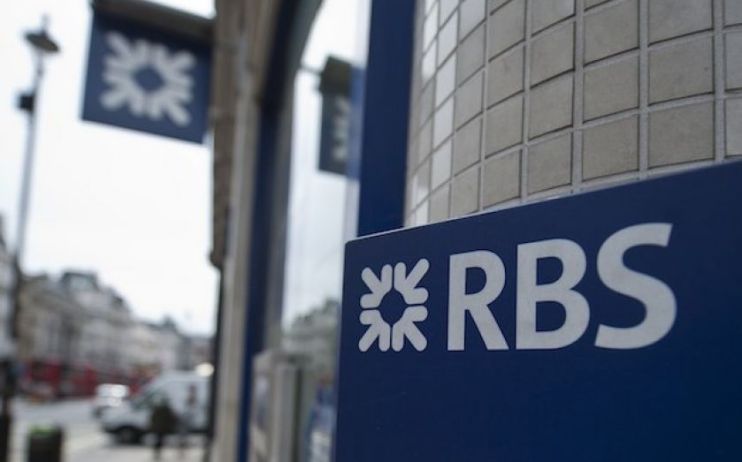Court told of Treasury’s ‘pervasive’ impact on controversial RBS unit GRG

The government’s influence over a disgraced wing of RBS in the years following the financial crisis was “pervasive”, a court was told today.
An internal bank memo from June 2010 raises concerns about the Treasury’s involvement in the global restructuring unit (GRG) of RBS. The GRG has been accused of driving small businesses into the ground as RBS tried to shore up its balance sheet following a huge government bailout.
Read more: High Court to examine allegations of Treasury involvement in RBS GRG scandal
Court documents quote the internal memo saying the GRG was influenced through an arm of the Treasury called the Asset Protection Agency (APA).
The APA was responsible for running the Asset Protection Scheme (APS), which insured RBS’ toxic loans during the financial crash.
The claims have been made during a court case between RBS and Manchester-based businessman Oliver Morley, who has accused the bank of placing his business under “economic duress” when it acquired some of its assets in 2010. RBS is contesting the case in court and has said it is without merit.
Morley’s lawyers said that the internal memo revealed the “tension” between RBS and the APA, at a court hearing today.
One extract from the memo says: “Overall the direct and indirect impact of the APS is pervasive across the group and cannot be underestimated. The burden of APS needs to be reviewed in light of the expected diminishing benefit of the scheme.”
Read more: MPs brand watchdog’s RBS GRG report a ‘complete whitewash’
It also cites letters from former APA chief executive Stephan Wilcke, in which he discusses how to “motivate RBS to review and trigger assets on time” and how “senior RBS personnel would be remunerated”.
Last month a report into the GRG by the financial watchdog acknowledged the influence of the APS on bankers within the controversial turnaround unit.
In the report, the Financial Conduct Authority (FCA) quoted a senior RBS manager saying that the APA was “not ‘particularly interested’ in protecting customers and that a lot of time was spent arguing with it”.
Following the report’s publication, Andrew Bailey, the FCA chief executive, said: “If an investigation is wanted it should not be by us, it should be a public inquiry.”
Kevin Hollinrake, co-chair of the all parliamentary group on fair banking, said today: “The documents released by RBS explicitly show evidence of material influence by the APA and significant tensions between the APA and GRG.
“This disclosure clearly demonstrates that the FCA has not complied with its own final requirement notice to identify the ‘root causes’ of the mistreatment and that its phase two report was a whitewash.
“This further strengthens our calls for a full root and branch public inquiry to establish who was actually responsible for the destruction of thousands of businesses and livelihoods by RBS GRG.”
Read more: RBS GRG scandal: The baggage that could drag down Andrew Bailey’s quest to lead the Bank of England
A Treasury spokesperson said: “We can’t comment on ongoing court cases.
“The Asset Protection Scheme was set up after the financial crash to help safeguard the bank’s stability and in turn that of the wider UK economy.
“The recent FCA-commissioned investigation concluded that RBS’s participation in the APS made no difference to the way in which customers were treated.”